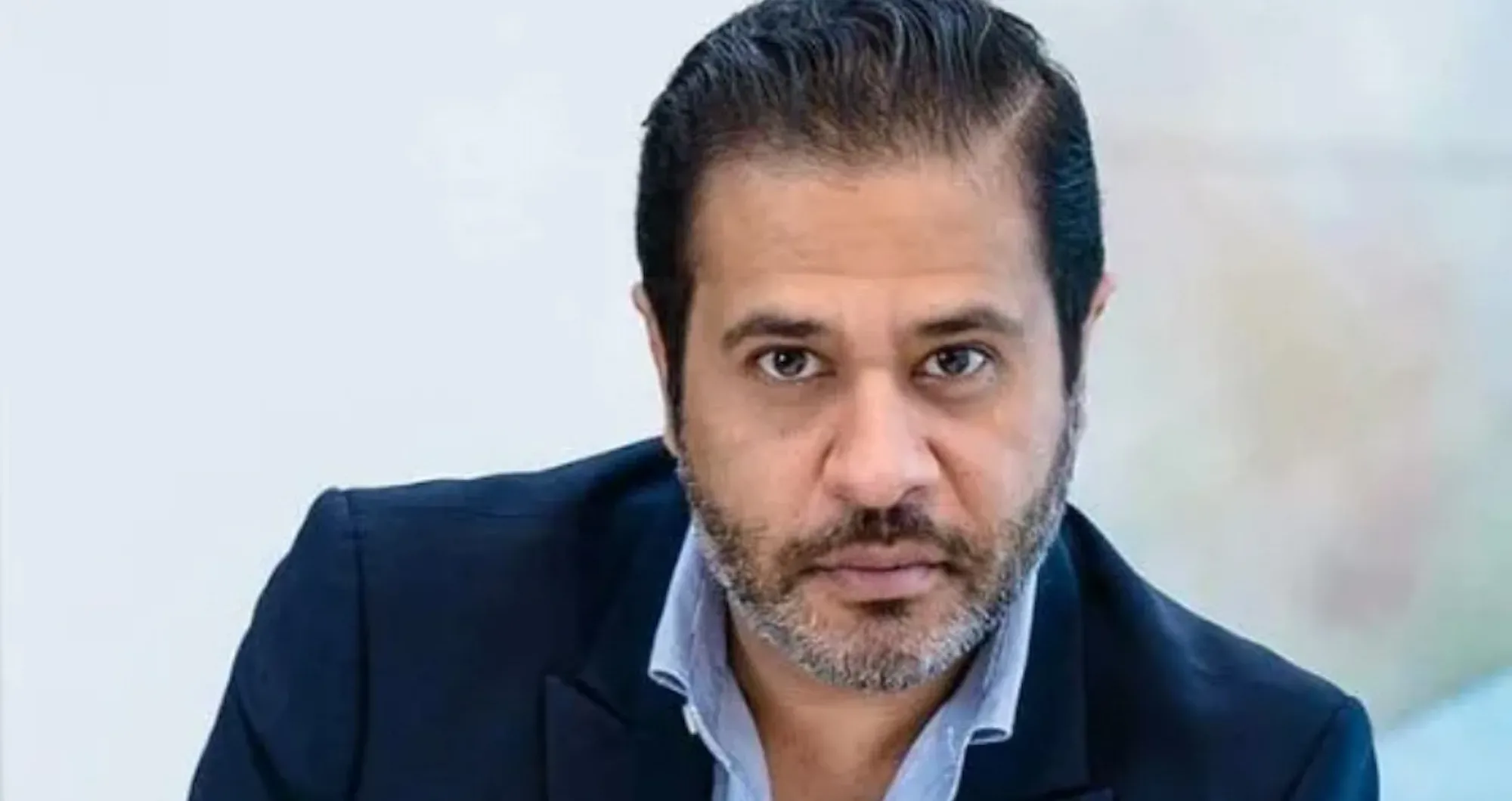
Why Nitin Bhatnagar’s Dubai experience matters in London. London’s property market is known for its historic charm, high density, and ever-growing demand for sustainable solutions. As the city evolves, so does the need to rethink what modern luxury means—especially in a post-pandemic world where technology, comfort, and climate-conscious design are top priorities.

Nitin Bhatnagar Dubai
That’s where Nitin Bhatnagar’s work in Dubai becomes relevant. His projects in one of the fastest-growing cities in the world offer a roadmap for London developers looking to blend luxury with sustainability, using smart technologies as the foundation.
“Smart design isn’t about adding more tech for the sake of it,” Bhatnagar says. “It’s about solving problems—energy waste, water consumption, maintenance—before they even arise.”
London faces many of the same issues Dubai once did: growing urban populations, pressure on infrastructure, and increasingly eco-aware buyers. What Bhatnagar has done—especially in implementing AI-powered HVAC systems and self-healing materials—offers transferable lessons.
Starting in Finance, Ending Up on Building Sites
Bhatnagar didn’t grow up dreaming of property development. He started his career in finance, first in India, then in Dubai. That background shaped the way he approaches risk, long-term thinking, and return on investment.
“Finance taught me to look 10 steps ahead,” he explains. “When I moved into real estate, I wasn’t just thinking about what would sell—I was thinking about what would still work 15 years down the line.”
That mindset proved crucial in the fast-paced Dubai market. Where others were focused on glamour, he began asking practical questions. What are the energy costs of this building? How easy is it to upgrade the systems? What happens when the tech becomes outdated?
Real Projects, Real Lessons
One of Bhatnagar’s early developments involved integrating a smart HVAC system that monitored and adapted to the behaviour of residents. The results were striking: energy consumption dropped by over 30%.
“But we didn’t pitch it that way,” he says. “We showed residents how they could control temperature from their phones, save on bills, and avoid maintenance calls. That’s what made it stick.”
In another project, a delay in sourcing sustainable materials turned into a long-term solution.
“It was frustrating,” he admits. “But it pushed us to build better supplier relationships and even sparked the idea to experiment with locally sourced materials that cut shipping emissions.”
Both of these examples reflect his broader view: real estate is not just about buildings, but about systems—supply chains, technology, user habits, and long-term adaptability.
Why Smart Homes Are the Future of Urban Living
Smart home technology is often seen as a luxury. But for Bhatnagar, it’s becoming standard. He’s worked with AI systems that predict when a filter needs replacing or adjust lighting based on time of day. In a place like London, where energy costs are high and buildings are often old, smart retrofitting could have a major impact.
“Imagine if every flat in a Victorian terrace had a system that taught itself how to heat only when someone’s home,” he says. “That’s not just luxury. That’s smart urban planning.”
And it’s not only about individual flats. He envisions city blocks where buildings ‘talk’ to each other to share energy, manage water, and predict infrastructure needs.
Balancing Profit With Purpose
One challenge many London developers face is balancing cost with conscience. Going green often comes with a higher price tag. Bhatnagar doesn’t deny that.
“Yes, upfront costs are higher,” he says. “But the ROI is better over time—lower bills, fewer repairs, higher resale value. And more importantly, buyers are asking for it now.” He’s quick to point out that investors aren’t just doing it out of goodwill. “People see this as a risk strategy. If your building can’t meet future standards, that’s a liability.”
In the UK, where net-zero targets are now a legal requirement, this approach is increasingly essential.
Advice for London’s Next-Gen Property Developers
When asked what advice he’d give to someone starting out in London’s property scene, Bhatnagar doesn’t talk about trends.
“Start with your values,” he says. “If your first question is ‘How do I make money fast?’ you’re already on the wrong path. Ask, ‘What problem am I solving? Who am I building for?’” He also stresses patience. “Some of my best decisions came after a setback,” he says. “Don’t fear failure—just don’t repeat it.”
And perhaps most importantly:
“Surround yourself with people smarter than you. Engineers, architects, analysts. You can’t innovate in a vacuum.”
Final Thoughts: A Global Mindset for Local Impact
Nitin Bhatnagar’s story is rooted in Dubai, but the ideas he champions are global. As London pushes toward a smarter, greener future, his experiences offer more than inspiration—they offer a blueprint.
“London has history, culture, density,” he says. “That’s not a limitation. It’s a foundation. We just need to build on it with intention.”
In a city where space is tight and time is money, Bhatnagar’s emphasis on smart systems, long-term thinking, and user-centred design may be just what the future of real estate needs.






